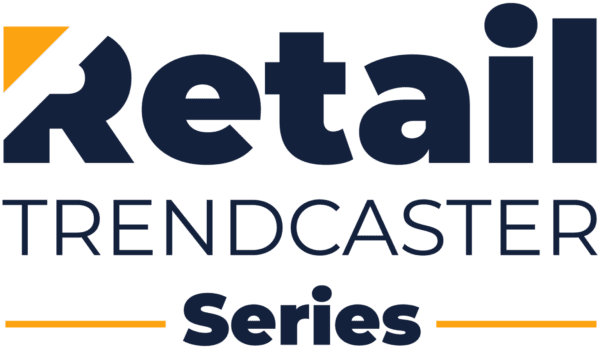Bloomberg recently declared the data scientist to be “America’s Hottest Job,” citing a national trend of employing those with a master’s degree in applied statistics or similar training by leading companies such as Airbnb and Uber. This hiring trend is driven by company leaders who realize the importance of capturing, understanding and learning from the data they produce to improve operations. While understanding data is indeed key to future success in the retail and CPG industries, there may be better ways for these companies to use their efforts and resources, versus bringing this expensive and scarce talent in-house.
Data Analysis In Retail/CPG
Retailers and CPG companies have complicated data analysis needs due to their many business units (including production, supply chain, logistics, store operations, DC operations, marketing, etc.). Each business unit has different software solutions, analytical teams and sensors contributing data on everything from customer habits to truck-delivery schedules to an individual sales associate’s performance.
While the massive amount of data produced in retail and CPG can be a great benefit to improving operations, margin and sales revenue, it also leaves significant room for failures in function, which ultimately impact the top and bottom line. For that reason, it’s especially important that retailers and CPG companies not only have accurate analysis of their data, but that it can be acted on in near real time. To make all this happen, companies often turn to data scientists.
Advertisement
The Trouble With The “Hottest Job”
However, the market is running into a shortage of these trained specialists who can analyze and pull recommendations from massive amounts of complex data. Even when companies are able to find data scientist talent, the employee often ends up being siloed because their findings can sometimes be too complicated for colleagues to understand and, therefore, tough to communicate to the masses. Data scientists often report their work through complicated charts and reports, which can at times be time-consuming and difficult for managers, supply chain, and store-level employees to interpret and determine what the next best course of action is.
Then there is also the financial cost. Hiring enough data scientists to process such complicated data is an enormous expenditure for any company. With the national average salary for a data scientist at nearly $132,000 a year (source: Indeed.com), companies rarely have the capital to hire enough people to identify, interpret and communicate all opportunities for improvement — much less in near real time.
An Alternate Approach To Empower
Prescriptive analytics offers retail and CPG companies a powerful tool to add to their arsenal. Not only does prescriptive analytics collect and track data trends, but it can break down the insights easily into simple, easy-to-understand prescriptive actions, tailored for any employee or role. Prescriptive analytics is an invaluable asset for data scientists, helping them identify more patterns of behaviors and communicate them to the masses with simple actions to follow. Profitect’s prescriptive analytics solution is already being used by retail and CPG leaders like Sally Beauty, Ulta Beauty, Unilever, Walgreens and Belk to augment a full team of analysts.
These types of solutions help analysts by upleveling their jobs, allowing them to focus on improving revenue and reducing waste with the staff they already have, but moreover it helps to communicate the actions clearly. For managers and other staff, the solution sends easy-to-understand notifications on identified opportunities, plus recommendations on how to respond to them. For a manager, this might be a notification that a store has opened late five Sundays in a row (prompting a conversation with staff). For employees, this might be a prompt to restock specific inventory on the sales floor or align inventory accuracy without the need for RFID.
No matter the specific use case, it’s important for retailers and CPG companies alike to make sure they are making the most of their most important asset — their data, as well as empowering their scientific-oriented talent. By selecting smart technology like prescriptive analytics to augment their data scientists and analysts on staff, retail leaders can empower and level-up all of their employees — not just a single job title.
As CEO, Guy Yehiav is responsible for overseeing the overall corporate strategy and direction for Profitect. A 25+ year retail supply chain industry veteran, Yehiav has guided the company through multiple concurrent years of significant double-digit growth. Prior to Profitect, Yehiav served as Vice President Sales & Strategy for Oracle’s Value Chain Planning Solutions, where he was responsible for sales, strategy and customer success. He was also founder of Demantra US, a leading global provider of demand-driven planning solutions, which was acquired by Oracle in 2006. Previously, he directed the Global Professional Service Group where he was in charge of creating methodologies and infrastructure through value chain transformations that enabled demand-driven and seamless operations for Fortune 1000 companies.






